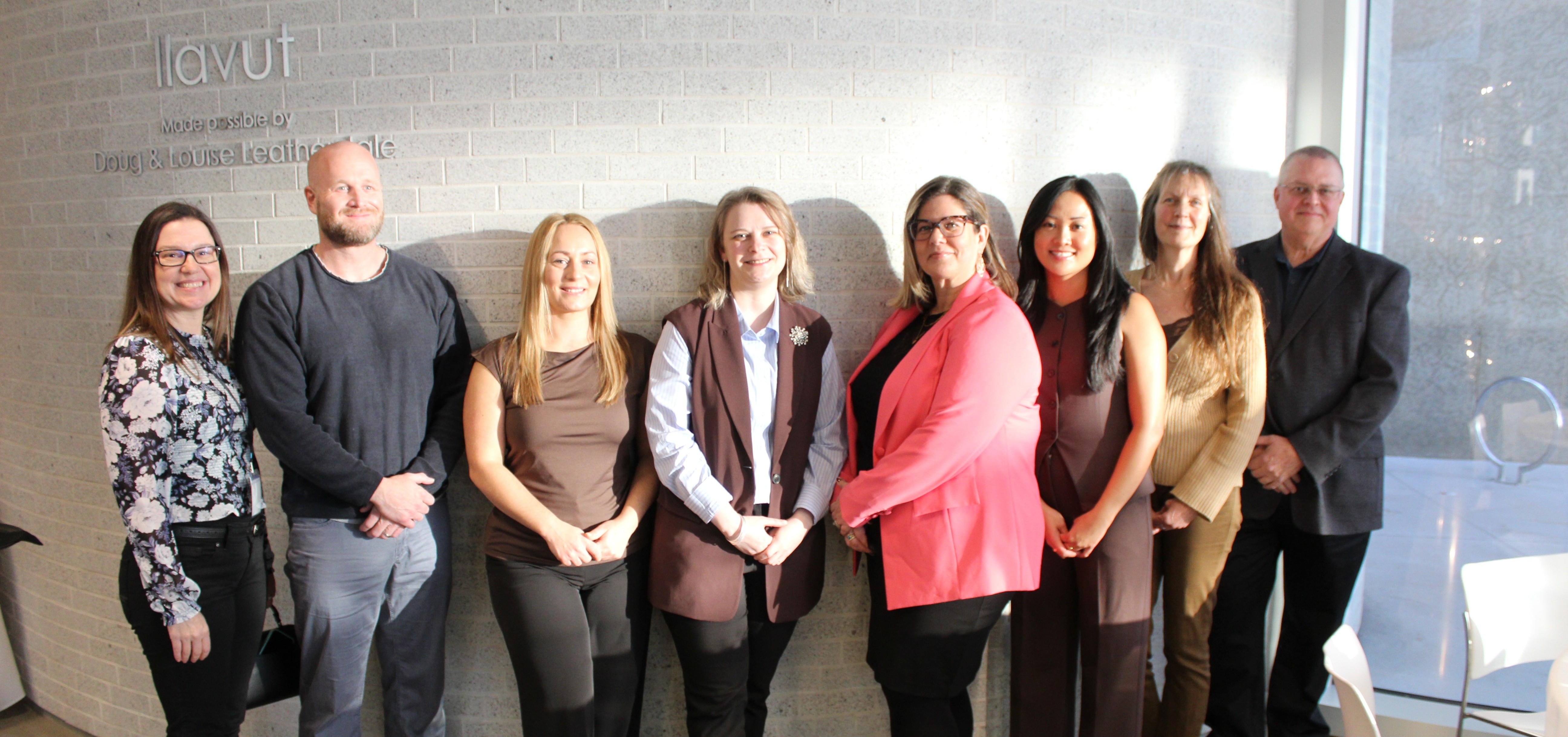During our customer-led session on International and Interdisciplinary Collaborations at ARMA 2025 in Edinburgh, Juliet Parry (Head of Strategy, Governance and Funding at Kingston University), shared how her institution is using Infonetica Export Controls to respond to increased scrutiny over research security.
About Kingston University
Situated in Southwest London, Kingston University is a teaching-focused institution with around 2,300 staff members and over 20,000 students from 140 different countries. Kingston’s impressive research excellence portfolio is arranged in 4 faculties, covering STEM, health, arts and humanities, and business and social sciences, with around £9.5m in external research income this year. Kingston has a widespread unfunded research base across all disciplines, requiring secure Trusted Research processes to ensure compliance.
Challenges and Pain Points
Like many institutions relying on a lean team, Kingston had to overcome the challenge of key responsibilities around research oversight being concentrated in just a few individuals. As Juliet put it, “we often find that each individual has to cover several roles”.
Low research activity is not the same as low risk, and managing research risk should be a priority across all institutions. The lack of a structured, scalable system meant issues often only surfaced when they became urgent, rather than being flagged earlier in the process. Juliet shared that Kingston realised “researchers need support in identifying whether a project needs further oversight”, and there was a general need for more consistent decision-making processes across faculties.
Kingston required centralised tools for oversight and governance but also needed to ensure they could provide shared data to existing processes within finance, academic units, and senior leadership, so as to avoid duplicating effort. The university, therefore, needed a way to gather, assess, and report on Trusted Research risks without overwhelming its support structure in the process. Having undergone a Trusted Research audit recently, Kingston turned to Infonetica Export Controls to manage these processes going forward and ensure all data was kept in one place and reportable.
How Infonetica Is Helping
Kingston is using Infonetica Export Controls, allowing them to introduce a standardised, policy-aligned workflow to screen and assess research activity for potential risks. Although still in its early stages of adoption, our system is already having a transformative effect on the way the university manages compliance through providing:
- Custom Checklists: Tailored questions help researchers flag relevant issues without needing to understand every aspect of the specific piece of legislation, reducing blockages while still capturing risks and upholding compliance.
- Centralised Oversight: Infonetica’s platform serves as a shared evidence base accessible by those with appropriate permissions, ensuring continuity and visibility beyond any single individual.
- Flexible Workflow Design: The workflow allows particular cases to be triaged, requesting further information or escalating to the appropriate team.
- Data Reporting: Kingston designed their questions within workflows with future reporting in mind, ensuring that compliance data could feed into institutional governance processes from the outset.
- Scalable Training: In parallel to Infonetica’s system, the university developed tailored training pathways, with simplified modules for low risk areas and targeted sessions for those involved in business engagement and oversight.
In her talk, Juliet highlighted the benefits of keeping the rollout intentionally non-mandatory for now, encouraging adoption across the university through strategic recommendations rather than top-down enforcement, with this softer approach supporting culture change while allowing time for the university to embed new practices.
"We do not expect researchers to understand the legislation. We just create questions for them within Infonetica’s Trusted Research workflow and they answer them.” - Juliet Parry, Head of Strategy, Governance and Funding, Kingston University
Next Steps
Since the solution went live in March 2025, Kingston has begun to see its use pick up across the university, with the team recently flagging a case requiring an export license through their new platform.
Over the coming months, Kingston University plans to:
- Expand checklist usage and strengthen integration with publication and engagement workflows.
- Scale reporting outputs to inform decision-making at committee and senior leadership levels.
- Continue refining training and outreach as adoption grows organically.
- Explore licensing and system expansion to support broader usage.
Kingston University are a perfect example of how even lean teams can take meaningful steps toward trusted research success. Through focusing on practical workflows, central visibility, and user-friendly tools, Kingston have laid the groundwork for scalable compliance.


.jpg)


.jpg)










